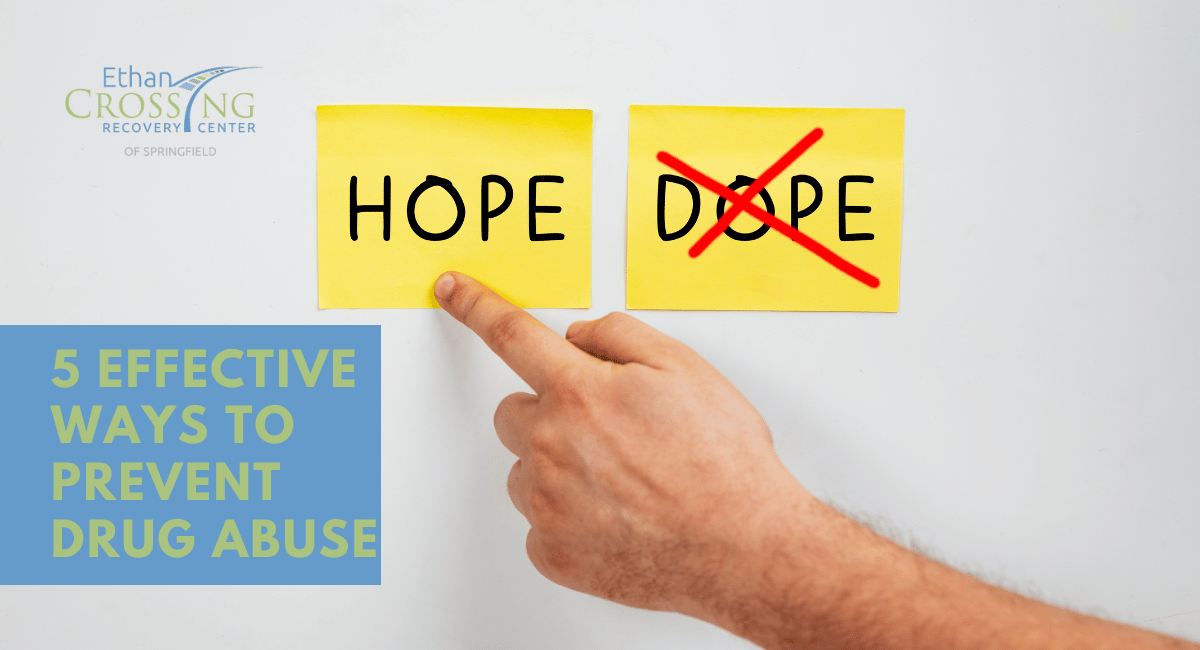Methadone vs. Buprenorphine: Which is Best for You?
When it comes to addressing opioid dependence, finding an effective treatment approach is crucial for individuals seeking recovery. Methadone and buprenorphine are two medications commonly used in Medication-Assisted Treatment (MAT) to help manage withdrawal symptoms, reduce cravings, and support long-term recovery. However, choosing between methadone and buprenorphine requires careful consideration of various factors, including individual…
Details













